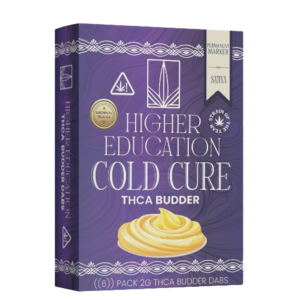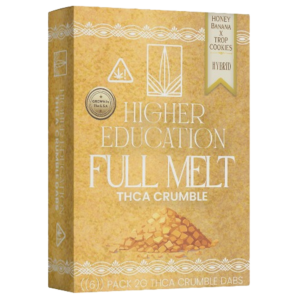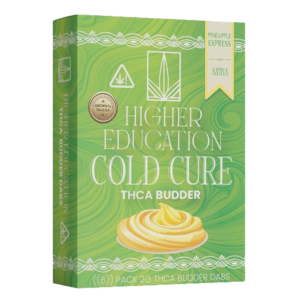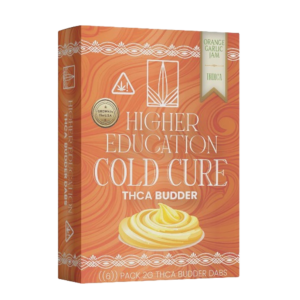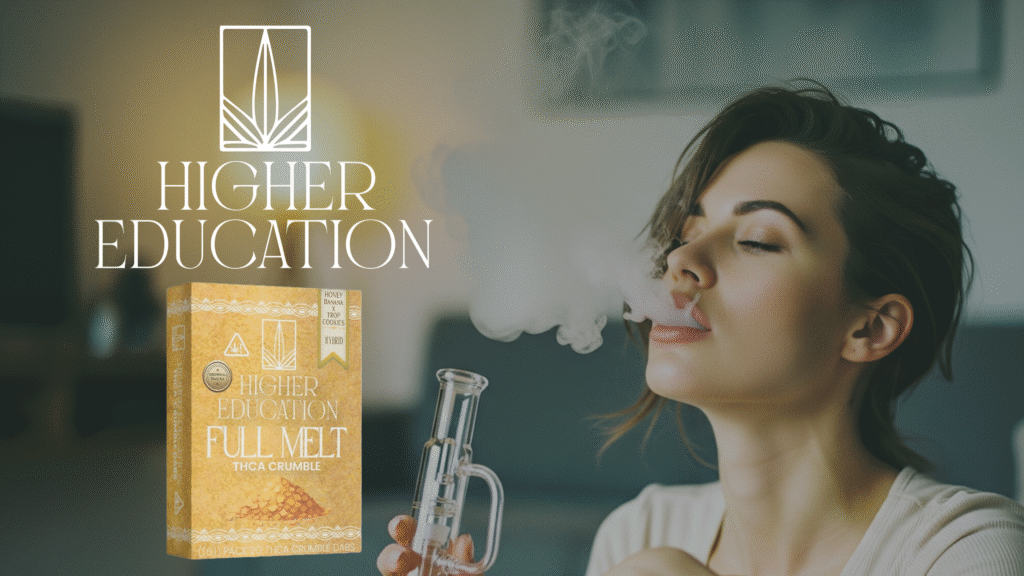
THCA vs Delta-9 vs Delta-8: Effects, Onset, Legality & How to Choose
See how THCA compares to delta-9 and delta-8 in effects, onset, legality, and best product formats so you can shop confidently.
THCA, delta-9, and delta-8 can look similar on labels but feel different in use. This quick guide breaks down how they compare in effects and onset, what to know about legality, and which formats fit common goals—so you can make a smarter choice.
Quick Definitions
- THCA: Non-intoxicating until heated; converts to delta-9 via decarboxylation (vaping, smoking, baking).
- Delta-9 THC: The classic intoxicating cannabinoid associated with traditional cannabis.
- Delta-8 THC: A related intoxicating cannabinoid, often described by consumers as gentler than delta-9, though experiences vary.
Effects & Experience
THCA: Raw forms aren’t intoxicating; once heated, effects are similar to delta-9.
Delta-9: Typically produces stronger, faster, and more pronounced euphoria for many users.
Delta-8: Many report a milder, smoother feel; individual responses differ.
Tip: Terpene profile (e.g., live resin vs distillate) also shapes flavor and overall feel.
Onset & Duration (Inhaled vs Edible)
Inhaled (vapes, carts, prerolls): Onset within minutes; duration ~2–4+ hours.
Edibles: Onset 30–120 minutes; duration ~4–8+ hours.
THCA note: If you inhale or bake it, you’re effectively consuming delta-9 once decarbed.
Legality Basics (High-Level)
Federal hemp rules define hemp by ≤0.3% delta-9 THC (dry weight). Many labs and regulators consider total potential THC, which includes THCA’s ability to convert to delta-9. States can impose stricter rules. Always check your current state regulations before buying or possessing.
Disclaimer: General information only, not legal advice.
Formats & Use Cases
Disposables & Carts: Best for convenience and fast onset; look for clog-resistant hardware and transparent COAs.
Flower & Prerolls: “THCA flower” meets testing thresholds pre-heat, but smoking/vaping converts THCA to delta-9 during use.
Edibles/Infusions: Longer-lasting effects; dose carefully and start small.
COA Checklist (All Three)
- Product/batch match: Label aligns with COA; check recent test dates.
- Cannabinoid totals: Look for “Total THC” using the standard conversion formula.
- Contaminants: Verify testing for heavy metals, residual solvents, microbials, and mycotoxins.
- Terpenes: Optional, but helpful for flavor and feel expectations.
- Lab credibility: Established, accredited labs with QR verification are best.
Dosing & Safety
- Start low, go slow—especially with edibles.
- Do not drive or operate machinery after use.
- Keep products stored safely away from children and pets.
Conclusion
Match the cannabinoid and format to your goals, verify COAs, and consider terpene profiles for flavor and feel. Whether you choose THCA, delta-9, or delta-8, informed shopping helps ensure a safer and more satisfying experience.
FAQ
Q1: Is THCA the same as THC?
A: No. THCA is non-intoxicating until heated; heat converts it into delta-9 THC.
Q2: Which feels stronger, delta-9 or delta-8?
A: Many users find delta-9 more pronounced and delta-8 gentler, but responses vary.
Q3: Is THCA legal?
A: Federal rules focus on delta-9 levels; some states regulate intoxicating hemp more strictly. Always check local laws.
Q4: Does THCA flower get you high?
A: When smoked or vaped, THCA converts to delta-9, which can be intoxicating.
Q5: Live resin vs distillate—what’s the difference?
A: Live resin retains more native terpenes (richer flavor); distillate is more neutral.

